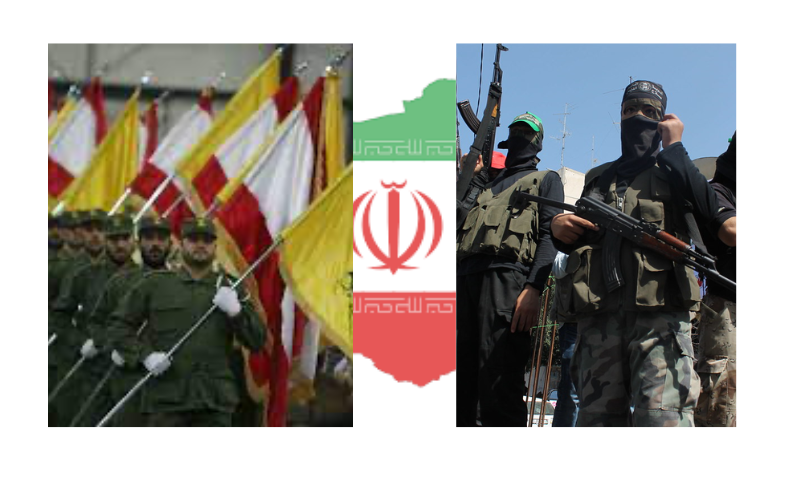Kyle Orton
Fathom Journal, October 2024
“… what has happened to Hezbollah is distinctly unequal: decapitation this thorough and rapid has few precedents.”
Hezbollah, the branch of Iran’s Islamic Revolutionary Guards Corps (IRGC) that controls Lebanon, joined the war against Israel on 8 October 2023, the day after the horrendous pogrom that murdered 1,200 Israelis and kidnapped 250 more by the IRGC’s Gaza-based allies, Hamas. The relentless barrage of missiles and artillery fired by Hezbollah has inflicted a steady toll of death and injury, and displaced 70,000 Israelis. In August, Israel began signalling that the war aims were being expanded from recovering the hostages and neutralising future threats from Gaza to include the return of displaced communities in the north, and in mid-September it was made official. With hours, Israel commenced a series of devastating intelligence-led operations against Hezbollah, and, on the night of 30 September-1 October, Israel announced the onset ‘limited, localised, and targeted ground raids’ against Hezbollah in Lebanon.
Many commentators could not resist the temptation to make comparisons with the 1982 Israeli invasion to extinguish the Palestine Liberation Organisation (PLO) terrorist base in southern Lebanon. The premise is that since the 1982 operation was billed as ‘limited’, and ended up with the Israel Defence Forces (IDF) in Beirut and an Israeli occupation of southern Lebanon that lasted eighteen years, so the same will happen this time. This is at best a lazy inattention to detail. The extension of the 1982 invasion was not a case of the ‘slippery slope’ or ‘mission creep’. The Israeli Cabinet decided on a limited incursion, and then-Defence Minister Ariel Sharon subverted the order in the field. Drawing generalised conclusions from this unique episode in Israel’s civil-military relations was bound to be misleading.
A similar distortion to the public conversation came from the recycling of the false history of Hezbollah being born from the 1982 conflict—the implicit, and sometimes explicit, argument being that any resistance to terrorism from Lebanon will only make it worse—despite it being known for some time that Hezbollah originates much earlier. … [To read the full article, click here]


